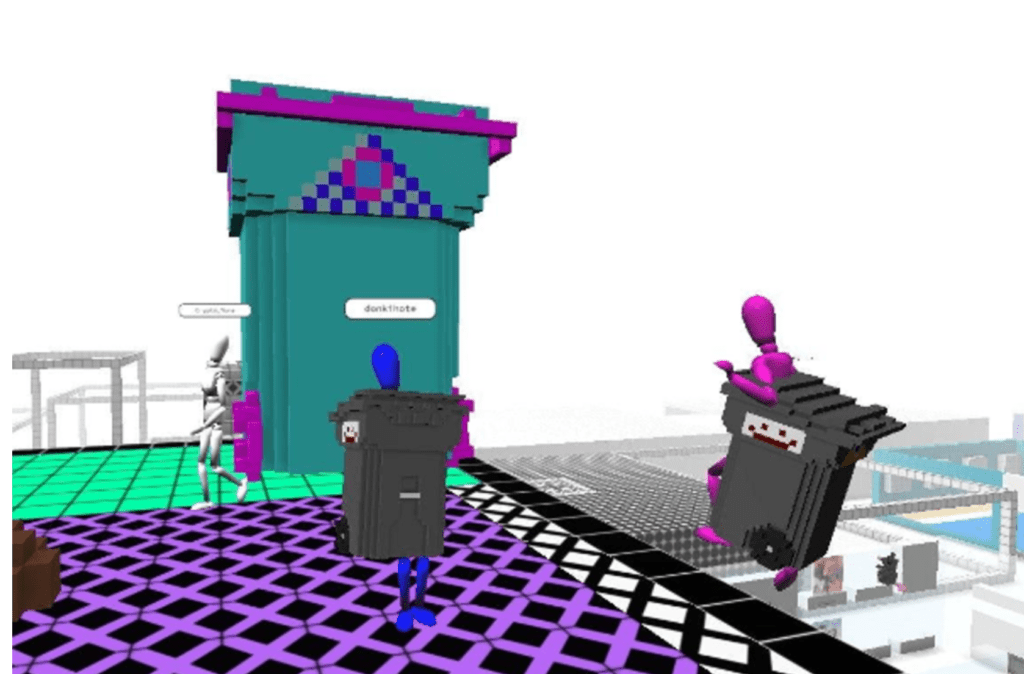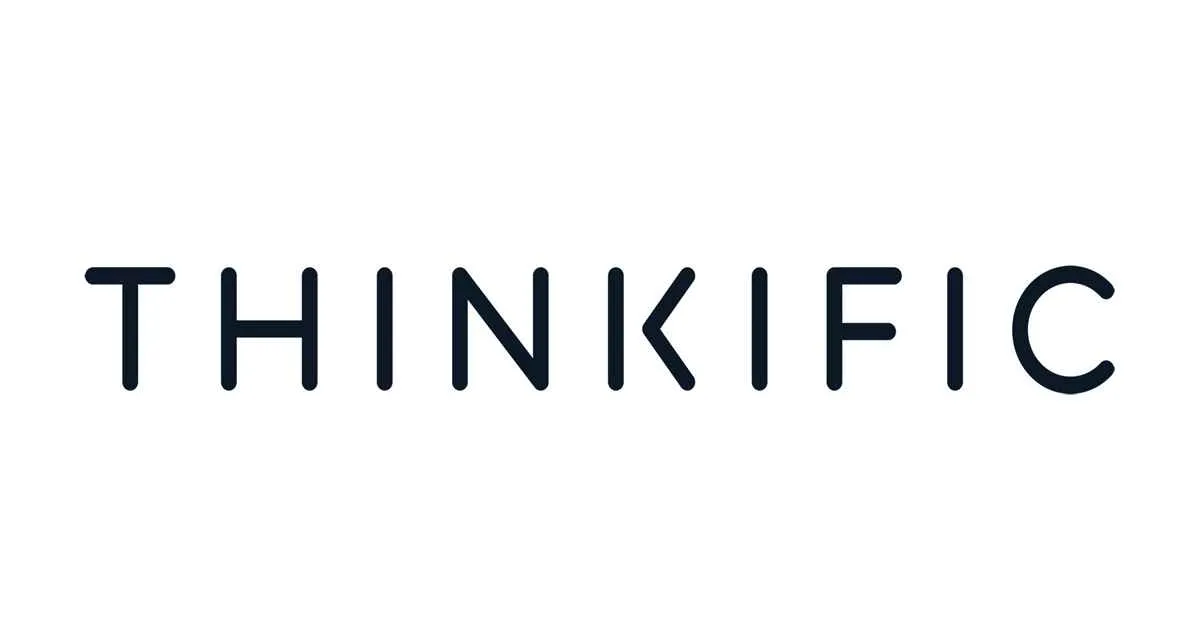
We Got Everything
You Are Searching For!
SUCCESS STORIES




We Got Everything You Are Searching For!
- Find profitable niches easily
- Find profitable niches easily
- Discover easy to rank for keywords
- Discover easy to rank for keywords

Latest Blogs
New From AffiliateBay
We help you keep up with articles featuring in-depth reviews, expert insights, and exclusive tips on the latest affiliate marketing strategies, tools, and trends.
How to Pitch for Guest Blogs?
SEO Friendly Pagination 2024: Best Practices To Be Followed
9 Best Legal Affiliate Programs In 2024 To Earn Passive Money

5+ SEO Tactics To Boost Organic Traffic & Rankings In 2024

What Are Anchor Texts 2024? How To Write A Good Anchor Text?
Guides
Turning your ideas into reality means working on the technical parts. This is when your blog really starts to come together.
Affiliate Programs
Here are the lists of best affiliate programs that you can join and monetize your website as per your niche.
Popular Niche Business Tools
Semrush

5/5
SEMrush is a comprehensive SEO and marketing tool for research, analytics, and optimization of online strategies.
Jungle Scout

5/5
Jungle Scout is an essential Amazon seller tool for product research, tracking, and data-driven decisions to boost sales.
Bright data

4.9/5
Bright Data is a versatile web data collection platform for businesses, providing reliable and ethical data harvesting solutions.
Thinkific

5/5
Thinkific is a user-friendly online course creation and management platform empowering educators to monetize their knowledge effectively.
Explore More Categories
Take The 28 Day SEO Challenge Now
Steal Your
SEO STRATEGY
Download my 2x intelligent spreadsheets to steal your competitors SEO strategy now!
Take The 28 Day SEO Challenge Now
The 7 Day Ecommerce SEO Strategy To Increase Your Search Traffic!
Download my 2x intelligent spreadsheets to steal your competitors SEO strategy now!
What Our Readers Say About Us...



Hi, from AffiliateBay Team
We’re a team that runs successful affiliate websites, and we’re here to share what we’ve learned. Our team shares practical tips and advice for successful affiliate marketing based on our experience in running affiliate websites. We review various products and services, providing unfiltered opinions to help you make informed purchasing decisions.

POPULAR CONTENT
Browse Our Categories

HOSTING
Looking for a new web hosting? Now save a great deal of money using our special coupon codes and deals on the most popular hosting platforms.
EDUCATION
Learn about the top online courses and test preparation. Explore the best deals and honest reviews of popular education platforms and courses.
SOFTWARE COUPON
Get today’s best deals and offers on popular software, services, and online platforms. Save BIG with our new updated coupons.
REVIEW
Explore the word of latest technology with help of our in-depth guides on trending gadgets and tools.The Best Of Affiliatebay


PQ.Hosting Review 2024: Everything You Should Know!
Updated on: February 12, 2024
FreeUp Review 2024– Is FreeUp Good For Freelancers? Is FreeUp legit?
Updated on: September 16, 2023
Movavi Review 2024 🥇 Is Movavi Any Good? Features, Pricing, Pros & Cons
Updated on: September 6, 2023
360Training Environmental Health & Safety Review 2024: Is It Worth Try?
Updated on: July 23, 2023
Clickfunnels 2.0 Review 2024: Is It Worth The Money Or Not?
Updated on: September 9, 2023

Marketing Business Summit 2024: The International Digital Marketing Event Is Coming Back
Updated on: August 30, 2023
How To Build Affiliate Marketing Website 2024– 10 Step Detailed Guide
Updated on: January 17, 2024
How BrandPush Has Helped AffiliateBay in Increasing the Conversion Rate by 48%
Updated on: June 11, 2023
Can You Use a CRM System To Run Affiliate Marketing Campaigns
Updated on: August 29, 2023
Wealthy Affiliate Review 2024 – Is It Legit or Scam?
Updated on: June 27, 2023
What is Affiliate Marketing ? What It Is + How to Succeed | How to Get Started
Updated on: September 12, 2023

HostArmada WooCommerce Hosting Review 2024– Is It Worthy?
Updated on: August 14, 2023
Namesilo Alternatives 2024– Handpicked For Your Business Needs!
Updated on: August 30, 2022
Inmotion Hosting Pricing | How much does InMotion cost?
Updated on: September 4, 2023
DreamHost Pricing Plans 2024 | How much is DreamHost Monthly?
Updated on: June 3, 2023
WPX Hosting Pricing & Plans 2024: Does WPX provide good value for money?
Updated on: July 29, 2023
Bigrock Hosting Pricing 2024 | Does BigRock offer hosting?
Updated on: September 22, 2023

10 Best Native Ad Networks for Publishers 2024: [ULTIMATE LIST]
Updated on: August 30, 2023
Indoleads Review 2024: Is It The Best Affiliate Network? (Features, Pros, Cons)
Updated on: September 16, 2023
19 Best Affiliate Networks For Earning Passive Income 2024
Updated on: September 25, 2023
RollerAds Review 2024: New Push Advertising Network (Try It)
Updated on: August 4, 2023
12+ Best Content Locker Ad Networks For Publishers/Marketers 2024
Updated on: June 12, 2023
10 Best Gambling Ad Networks 2024: Make Money With Gambling!
Updated on: September 2, 2023

Google AdSense Banner Sizes 2024 : Top 10 AdSense Formats for Maximum Earnings
Updated on: August 3, 2023Difference Between Post And Page In WordPress 2024: Beginner’s Guide To WordPress
Updated on: June 4, 2023
How To Promote Your Blog In 2024?- Verified First-Hand Tips & Tricks
Updated on: June 8, 2023Top 10 Tips For First Day Of Your Blog In 2024– I Wish I Knew Before Starting a Blog
Updated on: June 3, 2023
How Top 5 Female Bloggers Are Making Money From Blogs? 2024
Updated on: August 13, 2023
What Exactly Is Trash Art?- The Beginnings Of A Crypto Art Movement In 2024
Updated on: August 15, 2023We have been featured on










